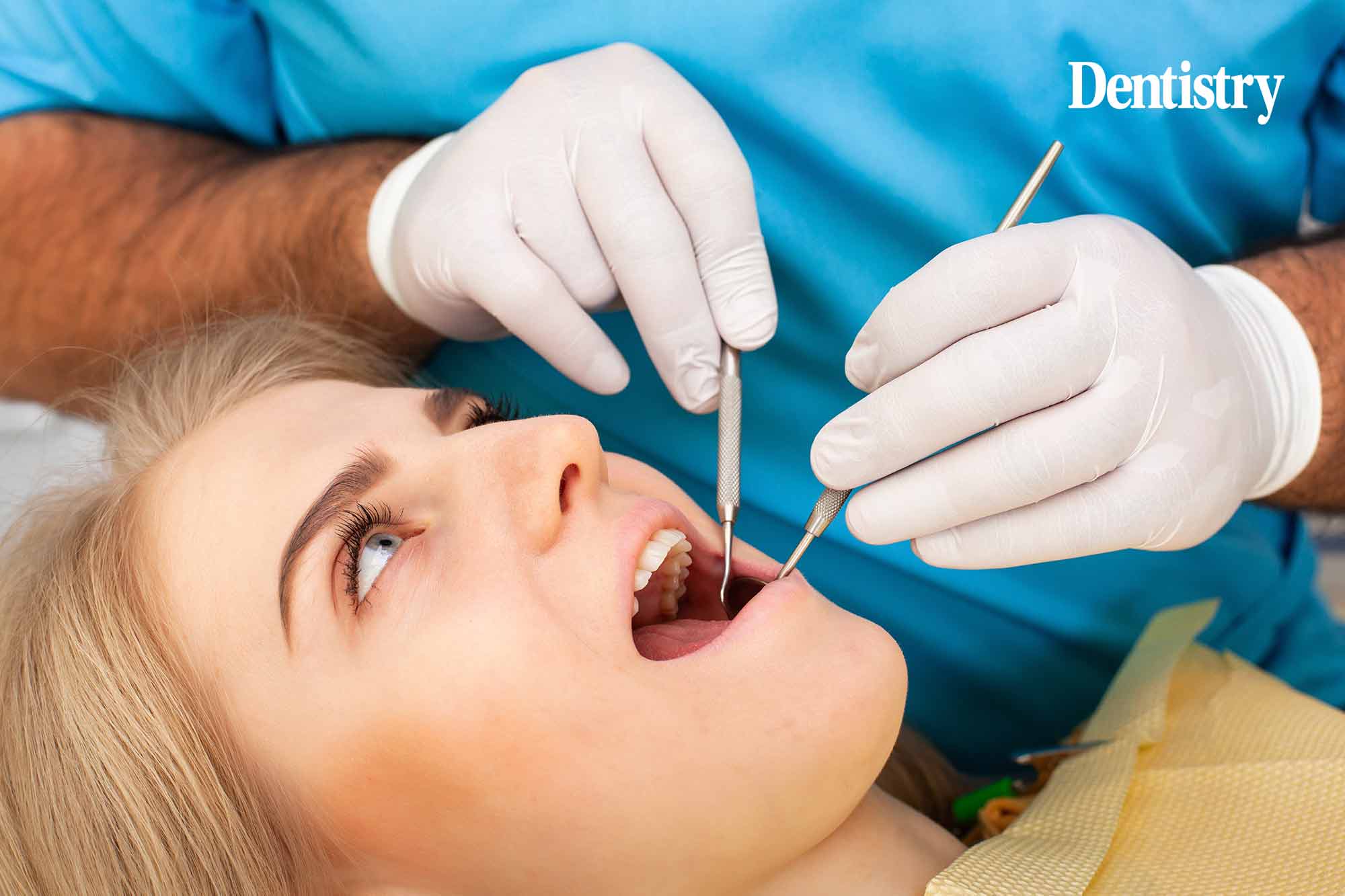 Patients who had their wisdom teeth extracted experienced improved tasting years after they were removed.
Patients who had their wisdom teeth extracted experienced improved tasting years after they were removed.
This is according to a new study carried out by the University of Pennsylvania.
The findings go against the acceptance that the removal of wisdom teeth can only negatively affect one’s taste. Consequently, it is one of the first studies to investigate the long-term impact of extraction on taste.
Enhanced taste
The study involved evaluating data from more than 1,200 patients who had undergone a chemosensory evaluation at Penn’s Smell and Taste Center over the a period of 20 years.
Within that group, around 890 patients had wisdom teeth extractions while around 360 had not.
All participants underwent a ‘whole-mouth identification’ test. This involved five concentrations of sodium chloride, sucrose, citric acid and caffeine.
Each was sipped, swished around and then spat out. Participants then reported whether it tasted salty, sweet, sour or bitter.
Those who had received extractions previously experienced an improvement in their tasting ability.
‘Surprising but fascinating’
‘Prior studies have only pointed to adverse effects on taste after extraction,’ said senior author Richard Doty, director of the Smell and Taste Center at the University of Pennsylvania.
‘It has been generally believed that those effects dissipate over time.
‘This new study shows us that taste function can actually slightly improve between the time patients have surgery and up to 20 years later.
‘It’s a surprising but fascinating finding. It deserves further investigation to better understand why it’s enhanced and what it may mean clinically.’
Subtle effects
The research team highlighted two reasons that could help to explain the results.
Extraction damage to the nerves that innervate taste buds towards the front of the mouth can provoke inhibition on nerves that serve the taste buds at the back of the mouth. This increases whole-mouth sensitivity.
There has also been well documented cases elsewhere of hypersensitivity after peripheral nerve injury from a surgery, such as an extraction.
Professor Doty added: ‘Further studies are needed to determine the mechanism or mechanisms behind the extraction-related improvement in taste function.
‘The effects are subtle but may provide insight into how long-term improvement in neural function can result from altering the environment in which nerves propagate.’
Follow Dentistry.co.uk on Instagram to keep up with all the latest dental news and trends.


